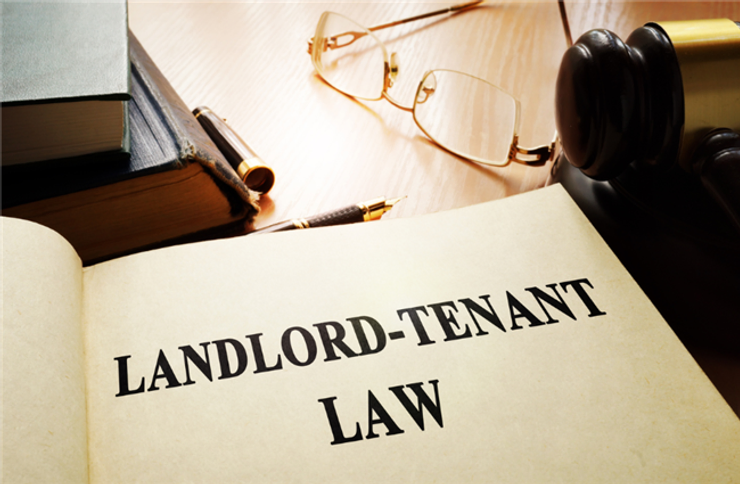Much like everything else in the world, the relationship between landlords and tenants changed dramatically with the arrival of the COVID-19 pandemic.
For the first time, We have received questions about things like, “How to handle individuals who appear ill/have COVID-19?” and whether landlords should call the police on said individuals.
Those questions are unsurprisingly more nuanced then they otherwise would be, due to the pandemic and all. To say that COVID-19 has caused – and will continue to cause – panic and uncertainty is an understatement.
From a health prospective, you can imagine that certain state (Landlord and Tenant Acts) is devoid of guidance on handling matters related to a pandemic. We have learned that following Centers for Disease Control and Prevention (CDC) guidelines is likely the best bet for landlords. Signage related to handwashing and Mask requirements is more than appropriate. If a landlord sees someone openly violating state orders or policies related to covid-19, the police want you to call a non-emergency hotline. Finally, if a tenant reports that they are positive for COVID-19, such a situation presents significant issues requiring coordination/cooperation that are beyond the scope of this article but necessitate legal counsel.
From a legal perspective, COVID-19 brought many changes to landlord/tenant law, enacted under emergency powers many had no idea existed. After the emergency was announced, landlord/tenant law morphed into a patchwork of laws that seemed to evolve daily. Shortly thereafter, orders from courts postponing hearings and trials were abundant, with some matters being postponed several months into the future. Meanwhile, the defendants in those actions likely continue to not pay rent—and keep in mind, many of these hearings were set long before any COVID-19 issues.
Landlord tenant law and covid-19
In the past many state governors have signed executive orders. These type of orders have prohibited landlords from serving, filing evictions on, or enforcing any notice for non-payment, with “non-payment” also including enforcing any no-cause notice served pursuant to certain codes. These actions effectively leave landlords holding the bag for fiscal issues related to the pandemic, to which many elected officials are turning a blind eye.
With access to the courts effectively prohibited for months at this point, many have asked what they should do considering the constant barrage of bad news.
First, making payment arrangements and/or accepting partial payments from your tenants is likely now an option, where before it may not have been. In some instances, that partial payment may be the last penny you receive for some time. Before doing so, seek competent counsel regarding the effects of doing so.
Next, keep in mind that the COVID-19 moratoria do not apply to conduct-based notices or evictions. Accordingly, if you have troublesome tenants, your remedies are still intact.
Finally, many have asked what to make of calls for a “rent strike” and news that draft ordinances are circulating that would legalize the waiver of rent due to COVID-19. To put it bluntly, there is no legal basis for a “rent strike” or a complete refusal to pay rent. Certain moratoria currently in place provide a deferral in some cases, but that rent remains due. As to legalization of rent waivers for tenants without sufficient protection for landlords, I’m hopeful that common sense will prevail and that such legislation will not be enacted, either at the state or local level.
As of this writing, no legislation has been enacted. Should it be enacted, I would imagine legal challenges would quickly follow.
However, you’ve weathered a myriad of storms in the last few years: Never the less we’re all still standing, and we’ll weather this storm together.
Contact our Team!
BPCS LAW EVICTIONS
9107 Wilshire Blvd., Suite 450, Beverly Hills, Ca 90210
Email: bpcslaw@gmail.com
Tel: (310) 421-8625







